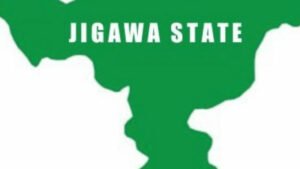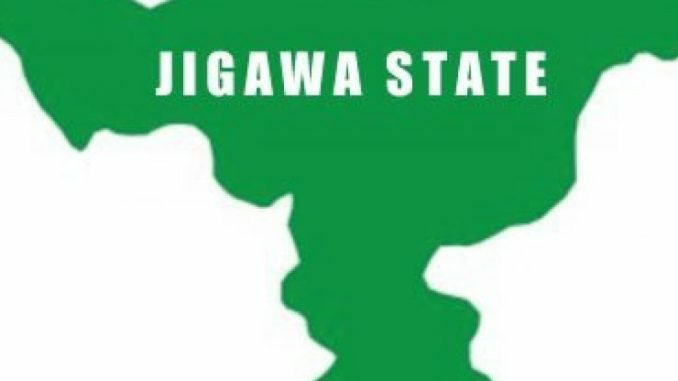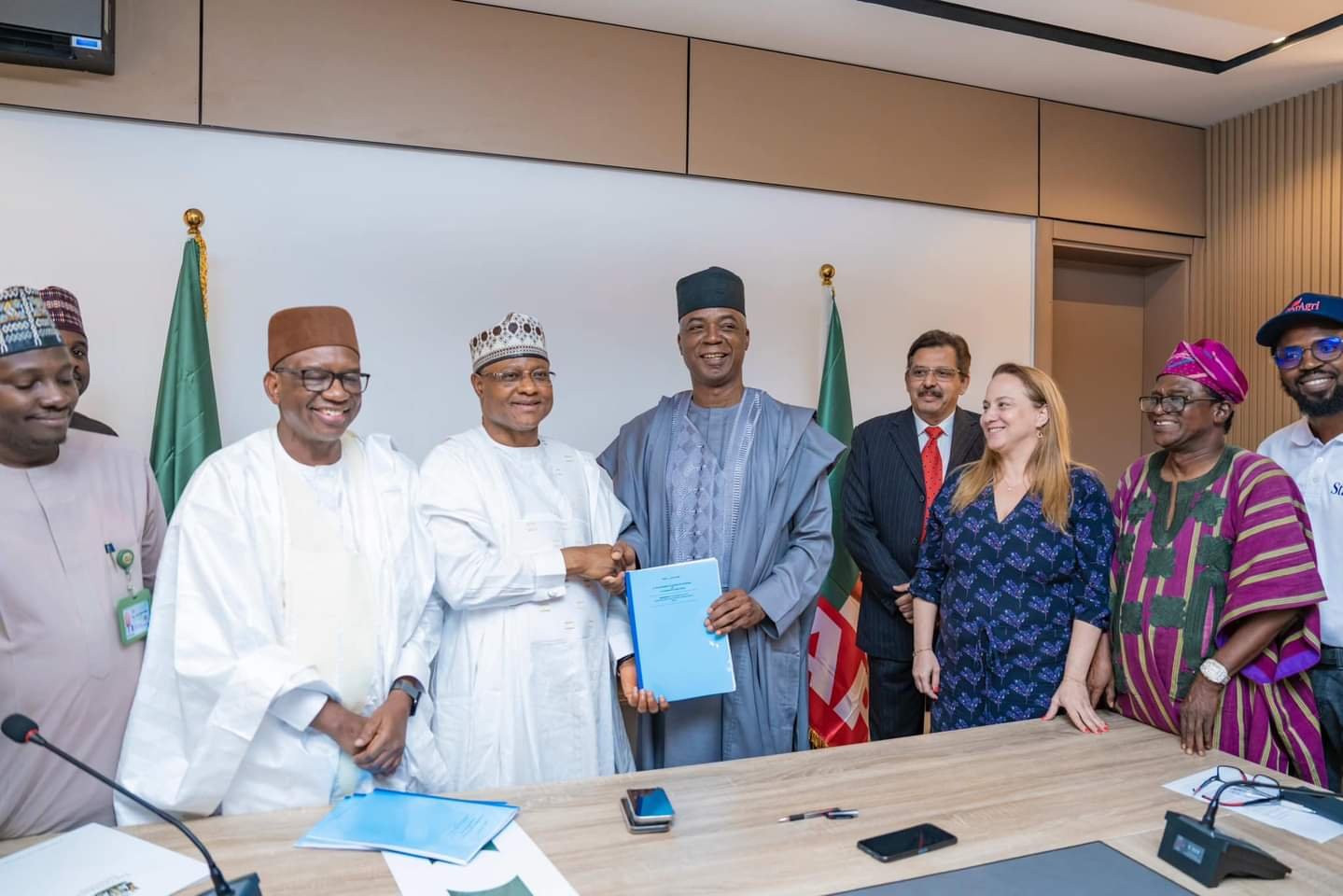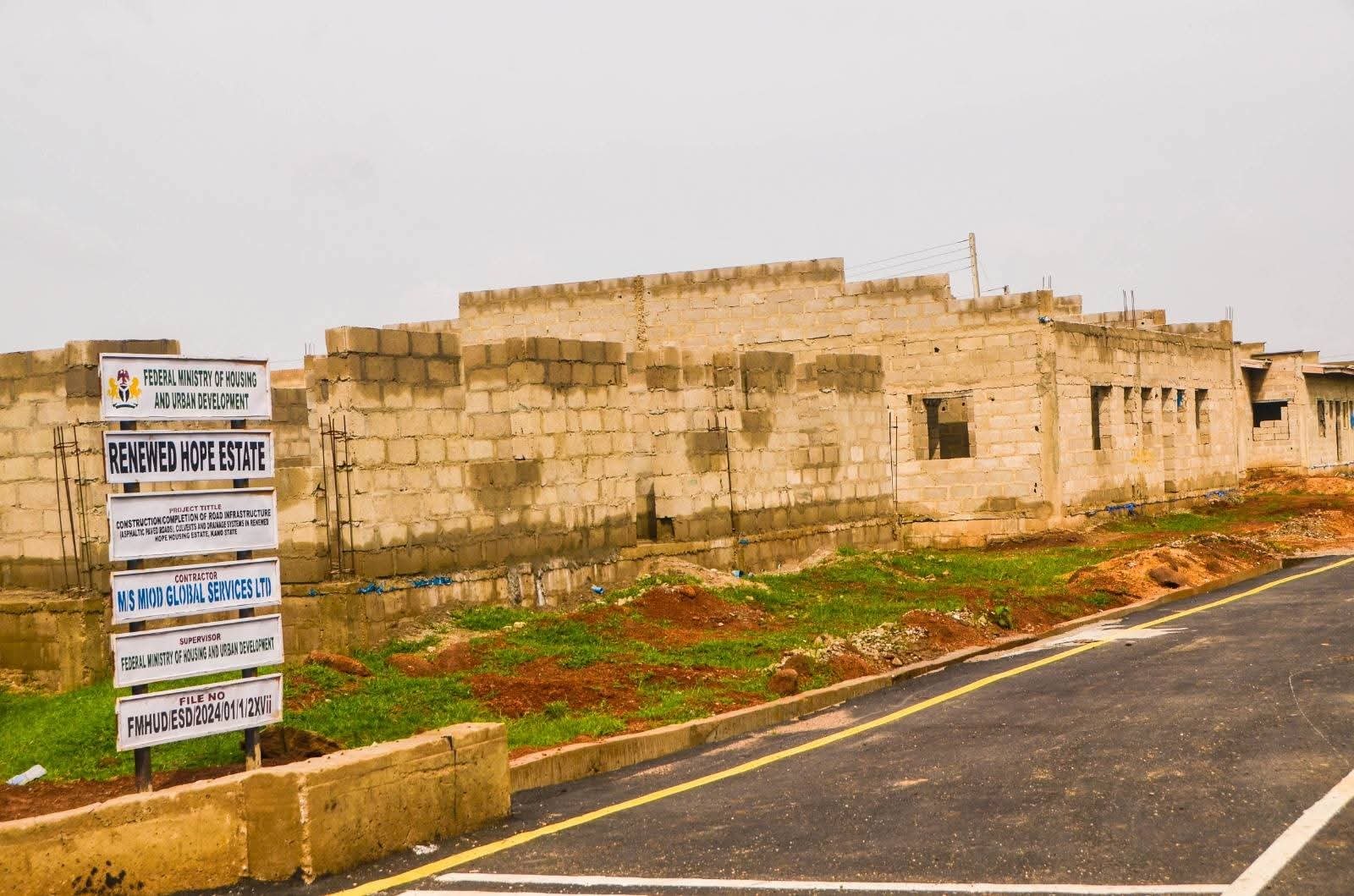UNICEF Backs Jigawa’s Drive to Strengthen Education Planing
By: Ahmed Aminu, Dutse

The United Nations Children’s Fund (UNICEF) has reaffirmed its support for Jigawa State’s efforts to improve access to quality education through the review of the Local Education Sector Operations Plan (LESOP).
Speaking at the LESOP review and development workshop, the UNICEF education specialist, Mr Micheal Bada commended the Jigawa State Ministry of Education, the State Universal Basic Education Board (SUBEB), and other partners for their continued collaboration and commitment to better learning outcomes for children.
Mr Michael Banda explained that “The workshop is aimed at strengthening education sector planning and implementation at the grassroots. The review is a milestone in promoting evidence-based decision-making, accountability and community participation”.
According to him UNICEF despite the progress, many children still face obstacles such as poverty, child labour, early marriage, poor infrastructure and long distances to school, urged the stakeholders to use the LESOP to draw up tailored local solutions in each Local Government Area.
Mr Banda stressed that the plan must serve as a link between state policies and the needs of communities, addressing issues around teacher deployment, school management and community engagement.
He called for improved and sustainable financing of education, urging efficient and transparent use of resources. It encouraged the state to explore innovative funding mechanisms, strengthen budget execution and ensure timely allocation of funds to schools.
According to UNICEF, predictable financing and realistic costed plans would enable local governments to provide classrooms, hire teachers and supply learning materials.
UNICEF emphasised that equity should drive the LESOP, with particular focus on girls, children with disabilities, those in remote areas and those affected by poverty or insecurity.
While acknowledging Jigawa’s gains in girls’ enrolment and retention, it said more must be done to ensure completion and meaningful learning. It also called for safe and inclusive schools with trained teachers who deliver gender-sensitive, child-centred education.
The UNICEF education specialist stated the the agency is supporting Strengthening data systems for planning,
Teacher training in foundational literacy and numeracy, Promoting school improvement plans and community participation, Enhancing monitoring and accountability for learning outcomes.
Banda maintained that UNICEF would continue partnerships with the Federal Ministry of Education, UBEC and state governments through EU-funded education and skills programmes aimed at building resilient and equitable systems across northern Nigeria.
The UNICEF urged stakeholders to ensure the LESOP becomes a living guide for action, innovation and accountability in every LGA and school, than promised all support to ensure that every child learns, every teacher is supported and every community contributes to a more equitable future in the state.




